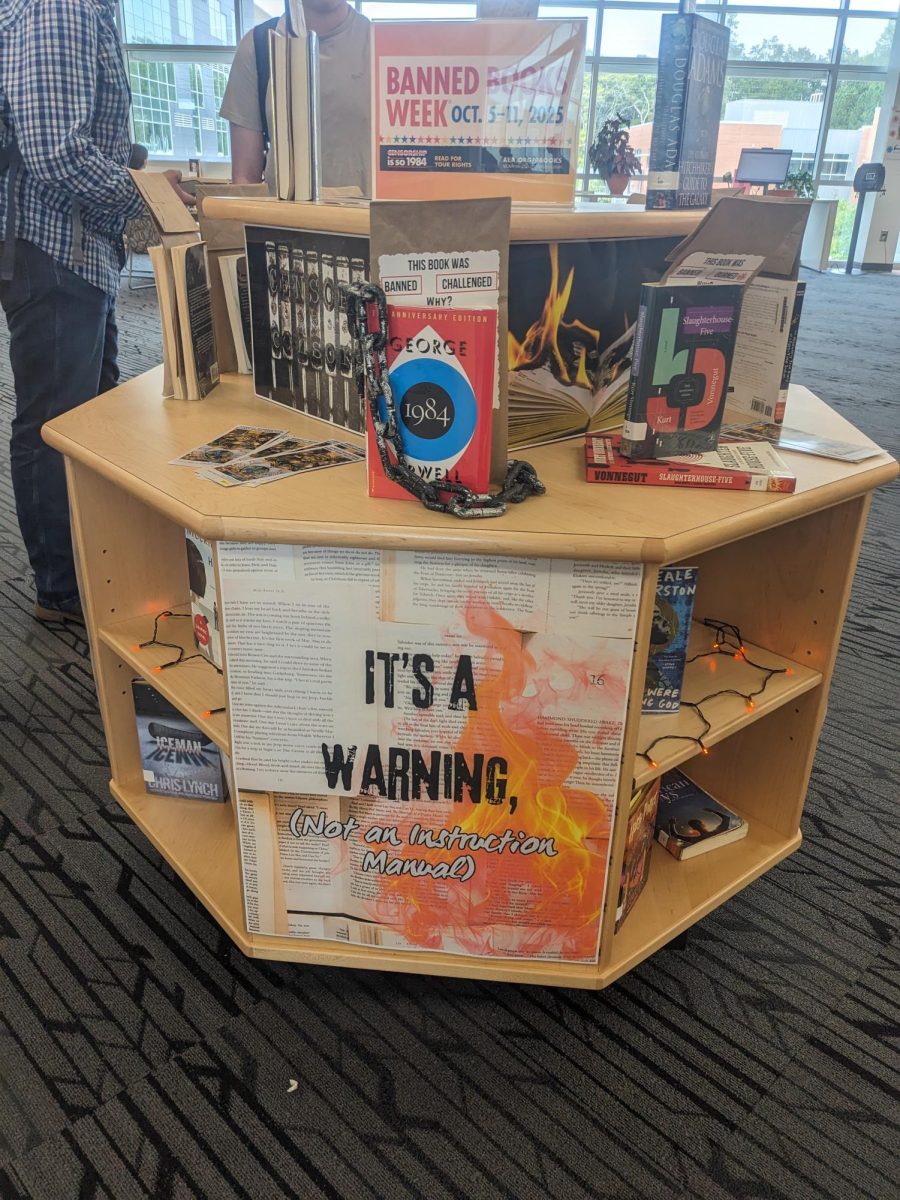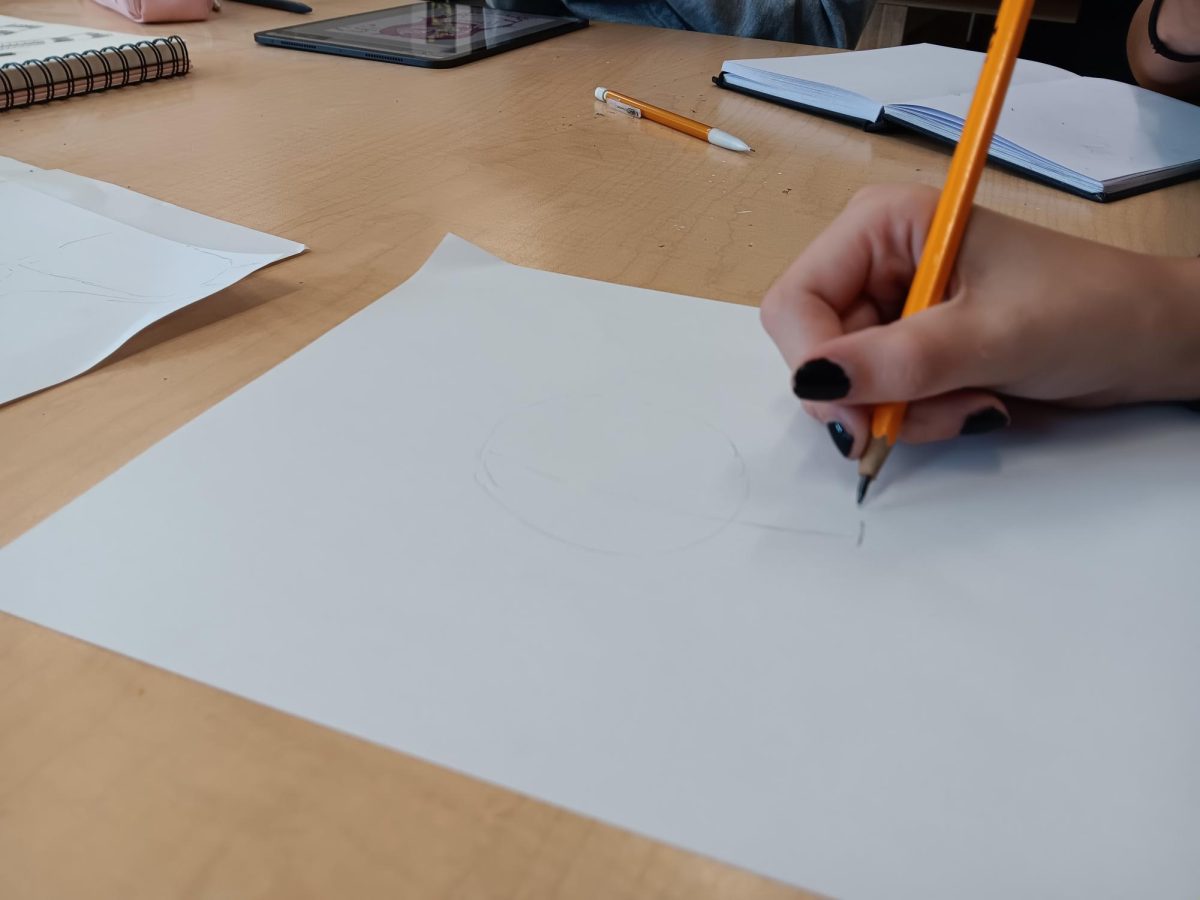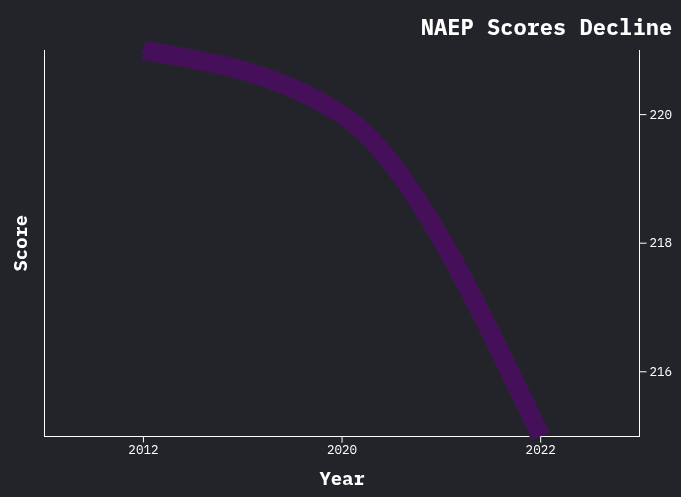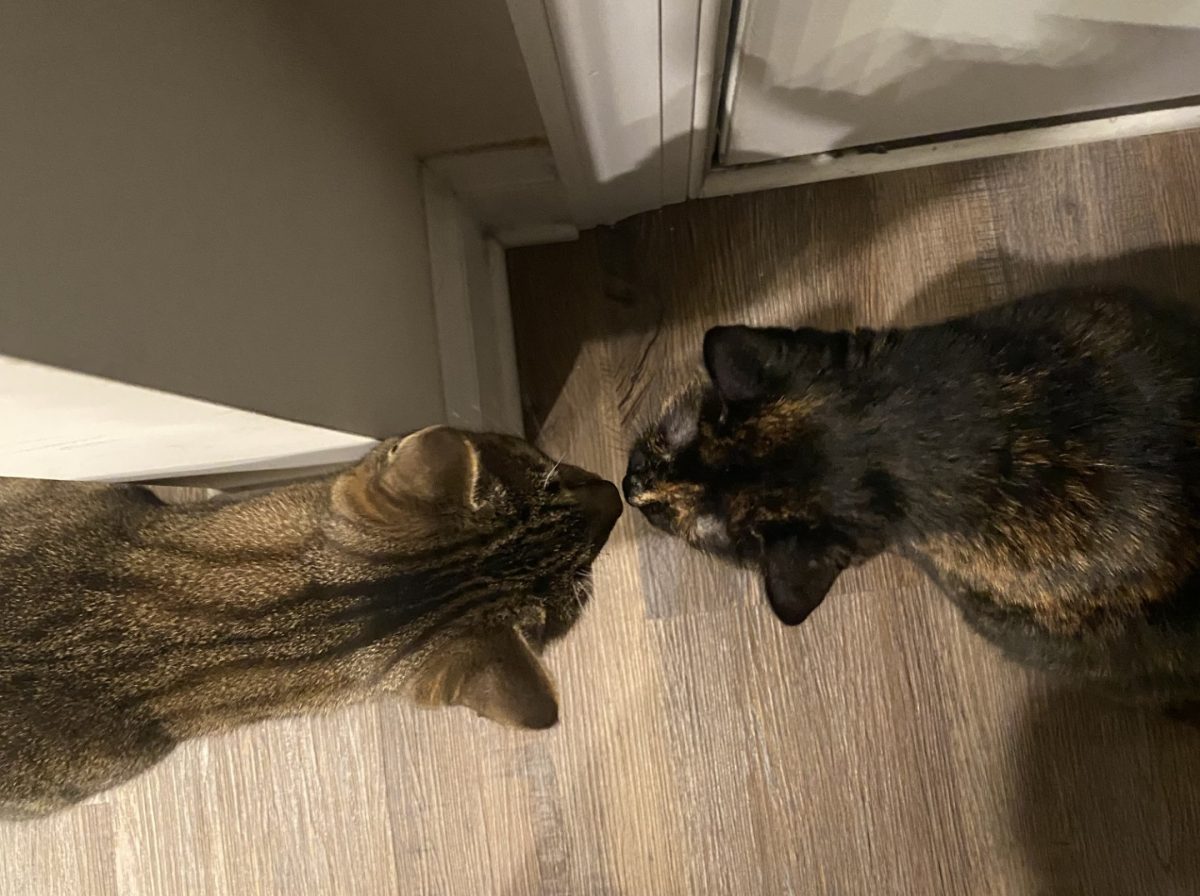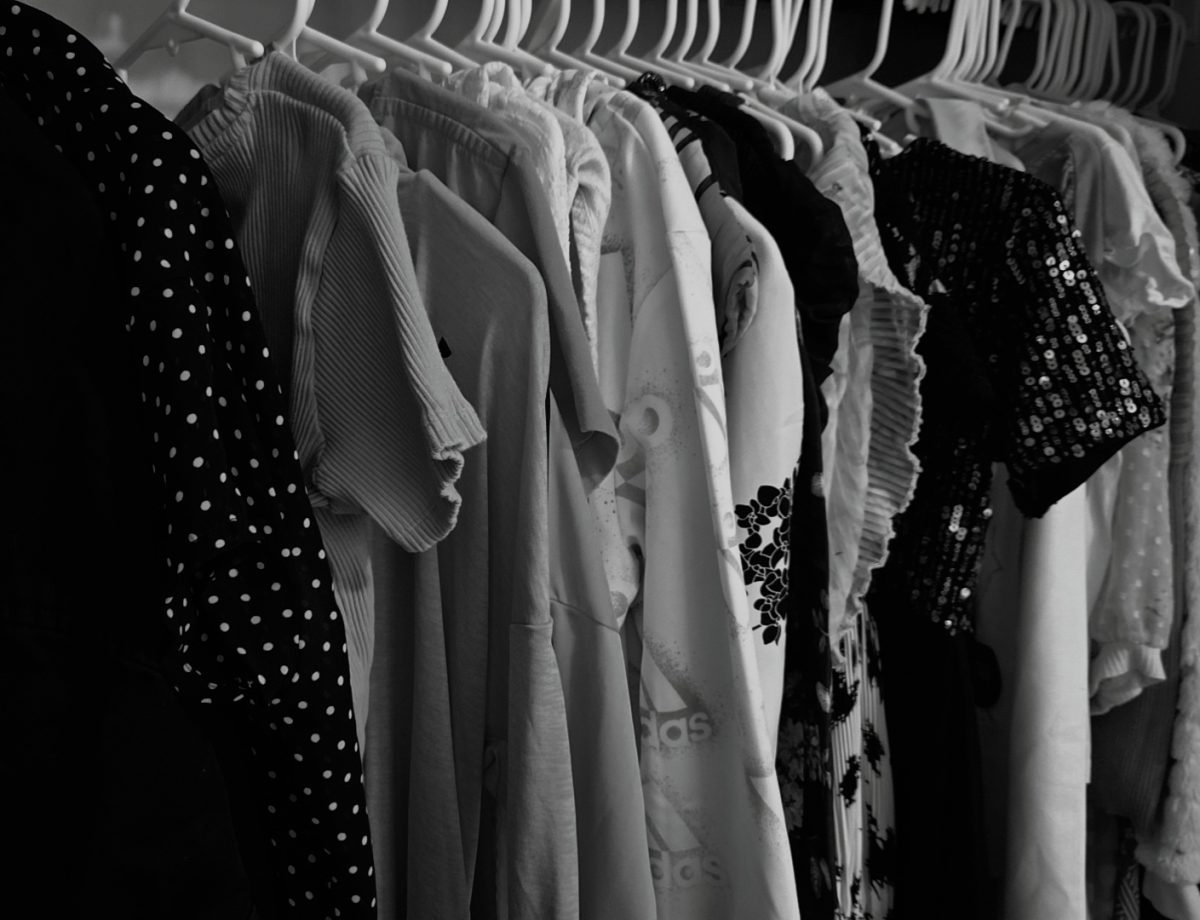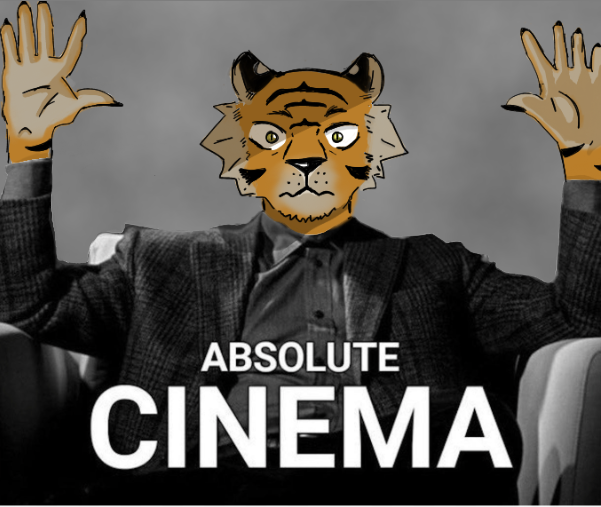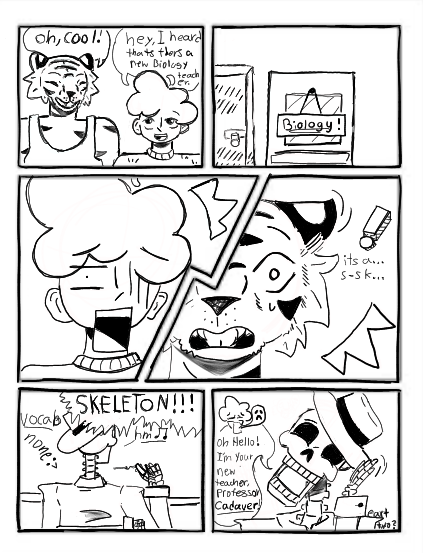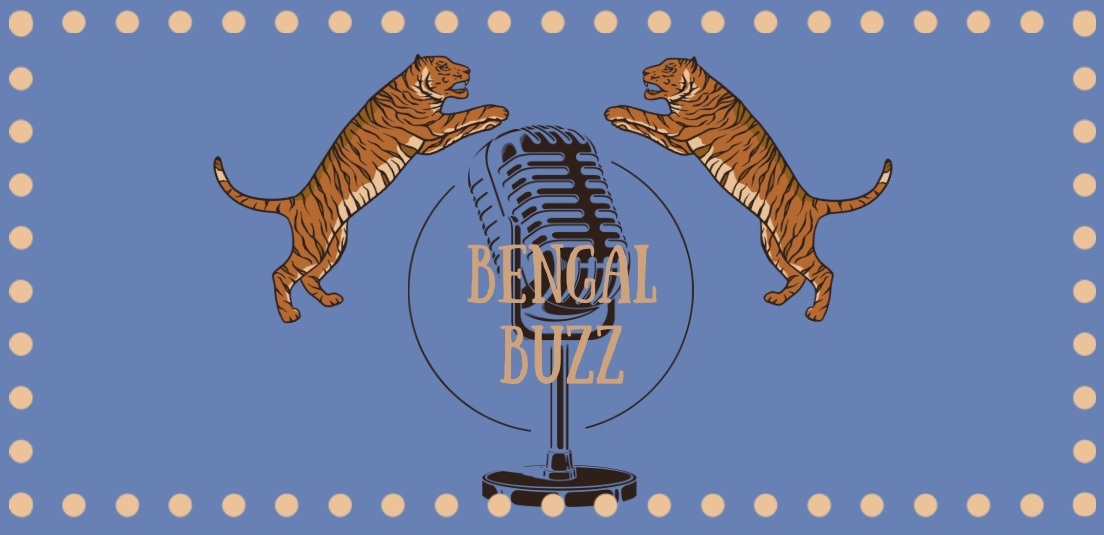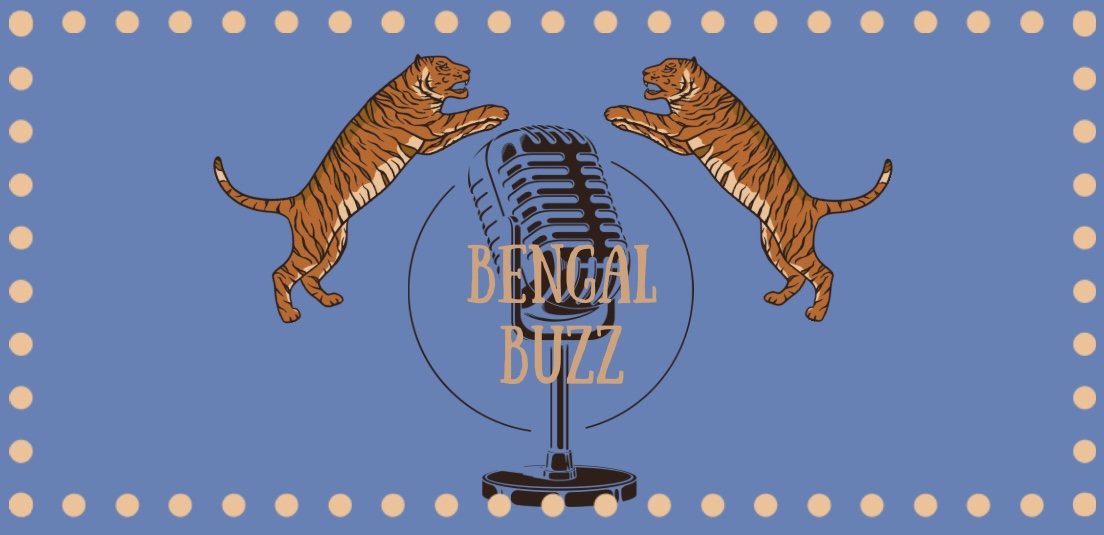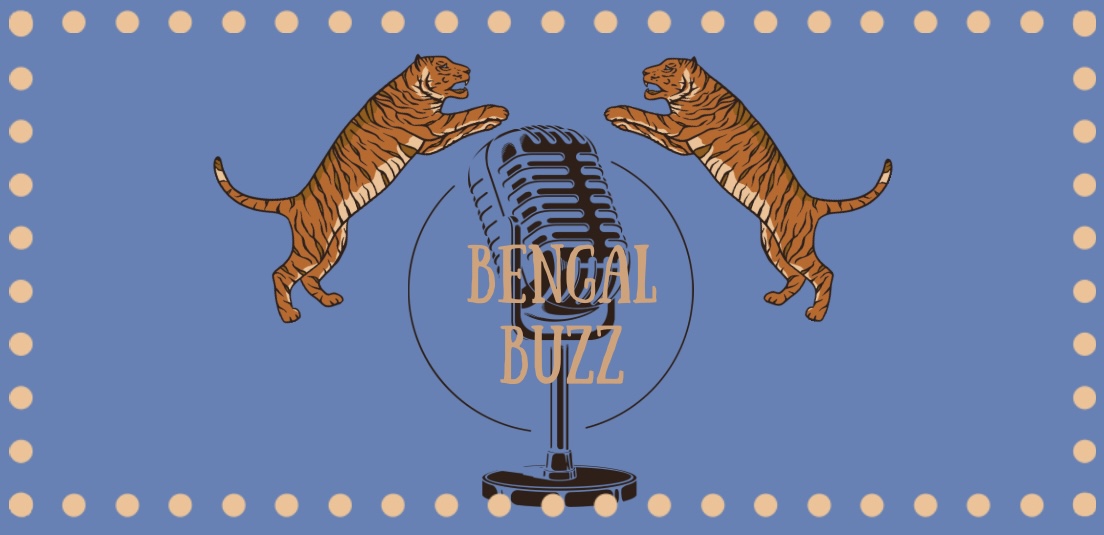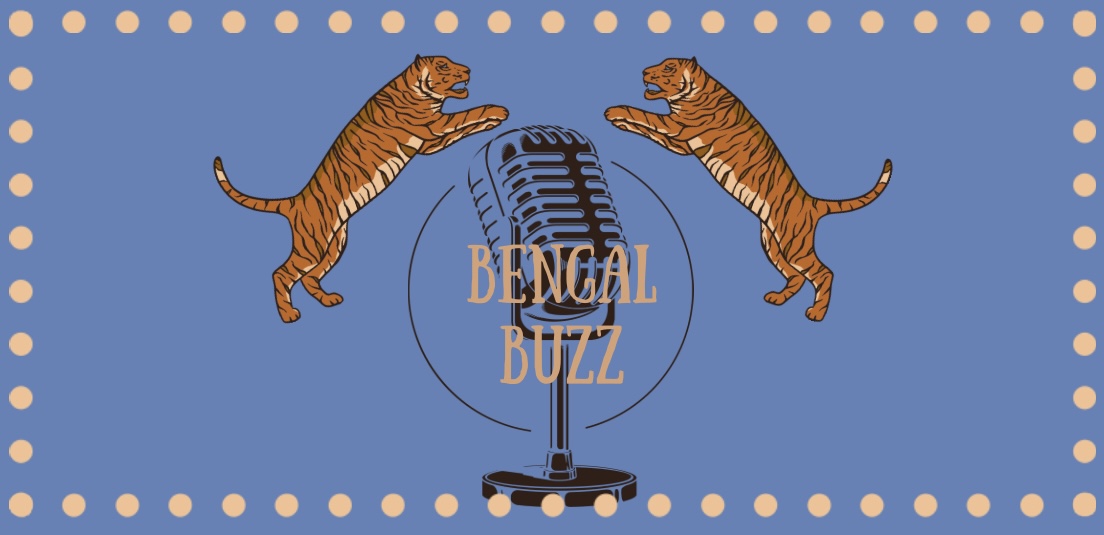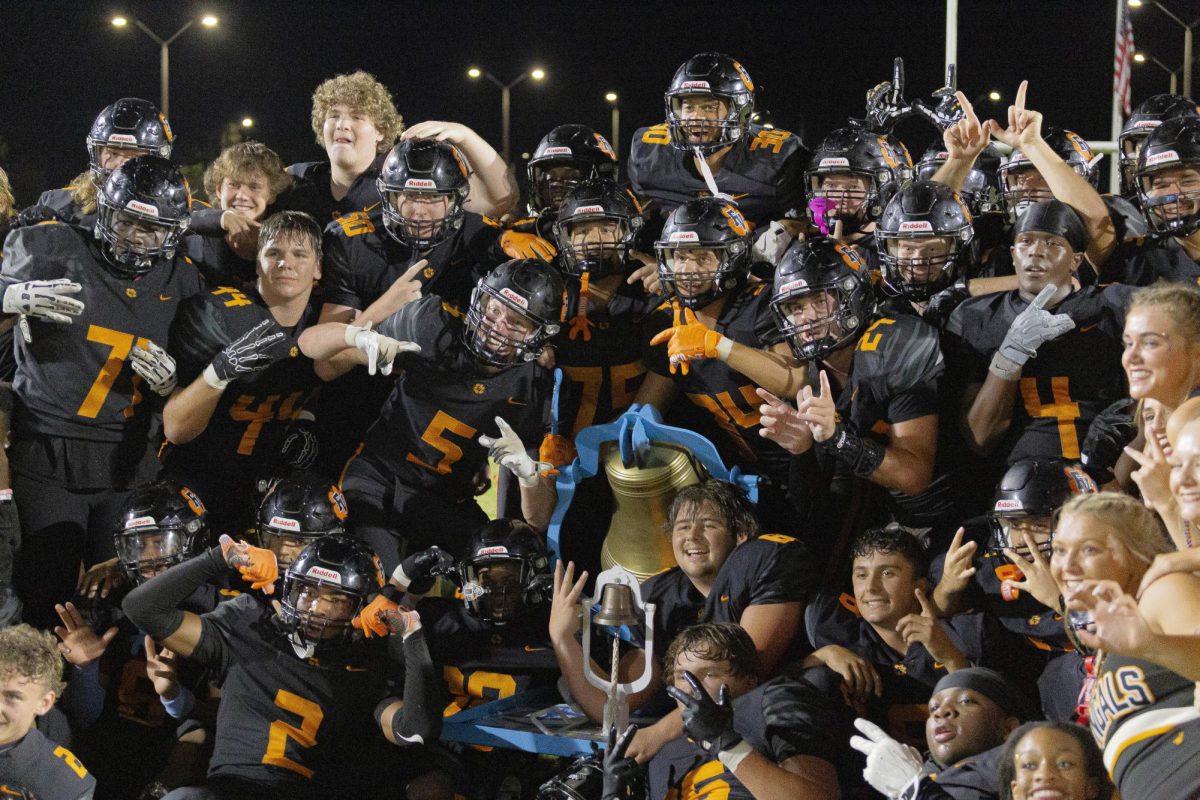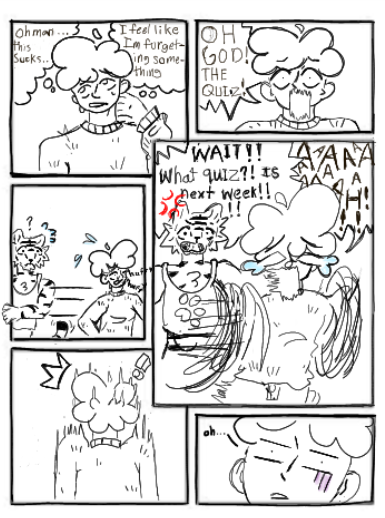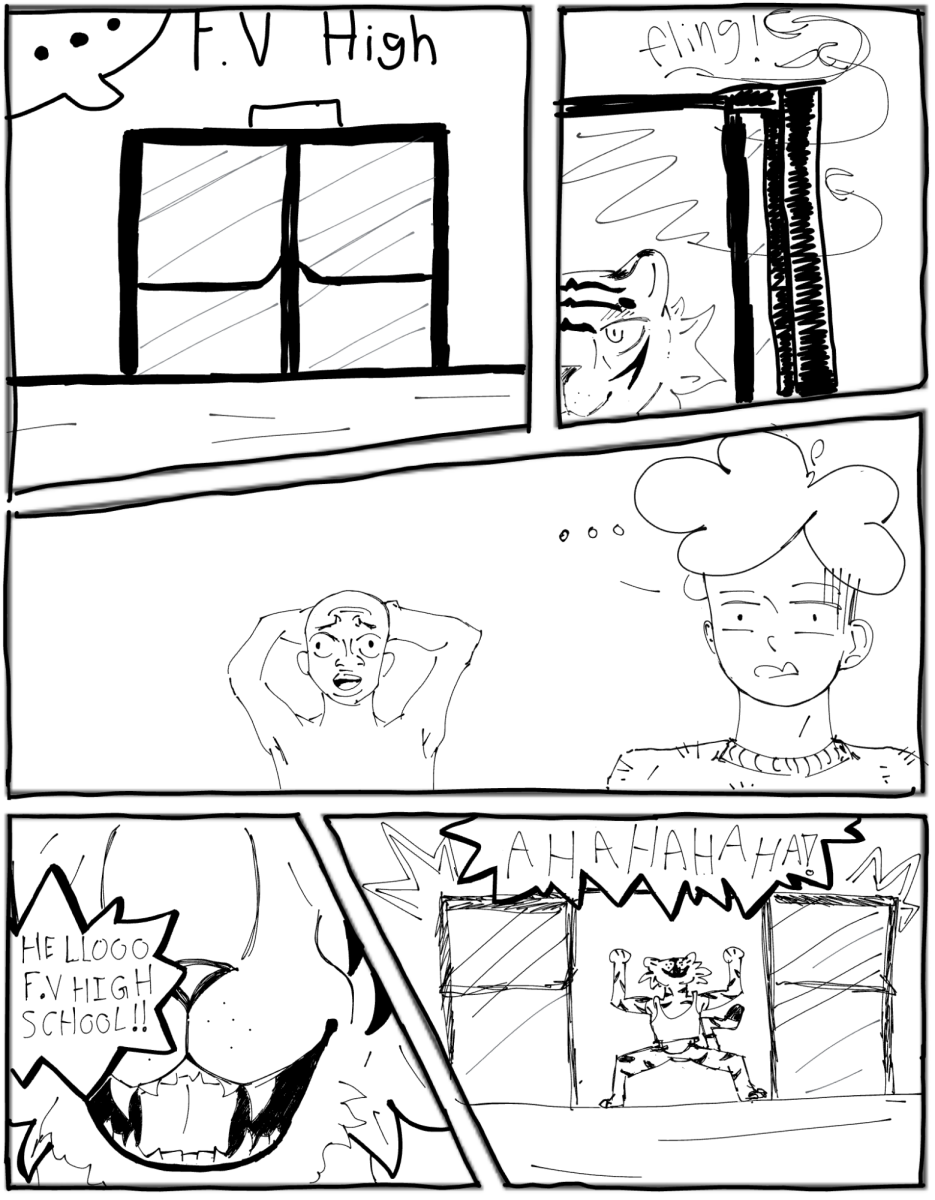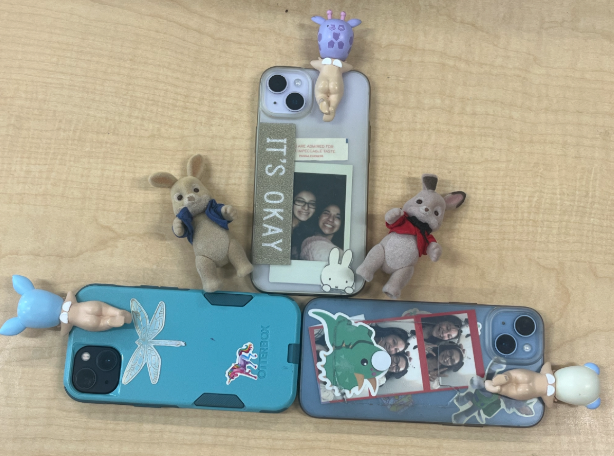Collectables, which started gaining notoriety in the mid 2000s with brands such as Littlest Pet Shops, Shopkins, and L.O.L. Surprise!, all of which sparked a young gambling addiction within Gen Z youth.
As the years have gone on, consumerism has only grown more and more, and nowadays, the most recent fad is Labubus, and before that, it was Sonny Angels, and farther before that, Calico Critters.
Now you might be wondering, what do these three brands have in common?
Well simply put, they are all cute mini figures that take advantage of people’s short attention spans to gain a profit, with the most recent example being Labubus, which has everyone flocking to the shelves, with the price originally being $20/$30 and skyrocketing to $200-300!
Sophomore Brianna Rivera said, “I just think Sonny Angels are overrated; it’s not worth it. And as for Labubus, I think they are incredibly ugly. I do not understand why anyone would blow their paycheck for one of them.”
What made Labubus popular was in an interview with Lisa from the popular K pop girl group known as Black Pink publicly stating her admiration for Labubus. After that, Labubus started inflating their prices. The hype has grown so much that Labubus are currently being smuggled into China and being sold for 10 times the initial price according to CNN.
The craze behind Labubus, truly says a lot about the direction our society as a whole is going towards. Despite the fact that every day the economy is getting worse and the prices of basic needs such as food are going up, people are dropping hundreds of dollars on Labubus and Sonny Angels. It is shocking to say the least. A lot of this traces back to rapid consumerism, which reflects on the shifting times. For example, back in the 1950s if you bought a refrigerator it would last long after you were gone. Meanwhile nowadays, most phones cost thousands of dollars and get worse the more they age.
All of this goes to say that all of these mass consumerist trends are a reflection of the mental decline of our society, who are attempting to heal their emotional wounds through retail therapy instead of actually dealing with their problems, and as a result, flock to the shelves and contribute to mass inflation. We as a society should refocus our attention to things that actually matter and save our money for essentials rather than expendables.


